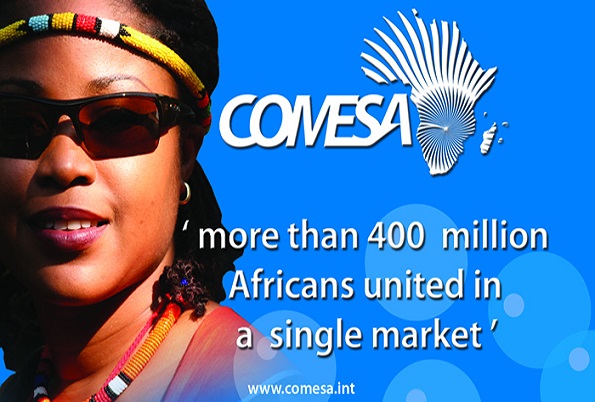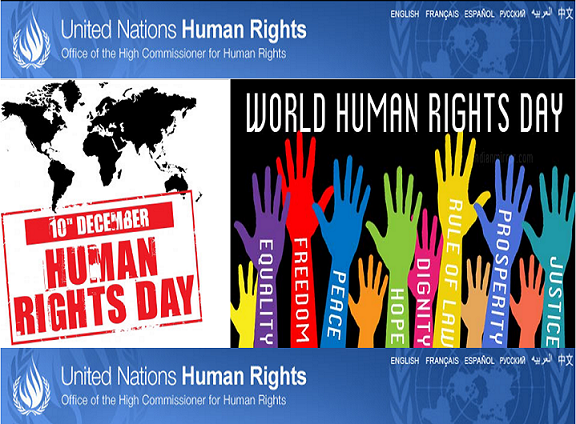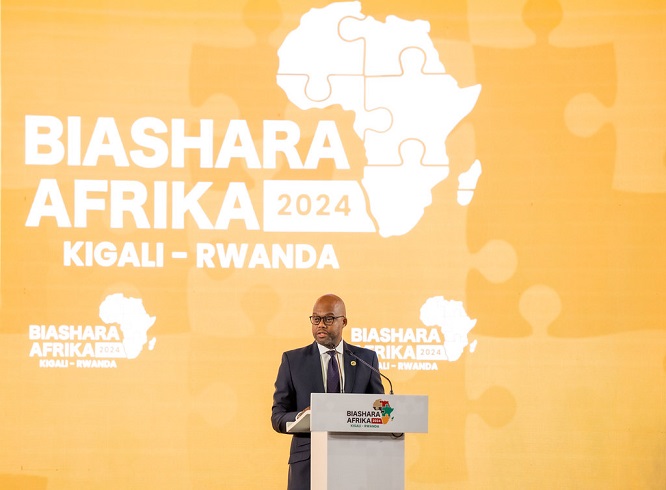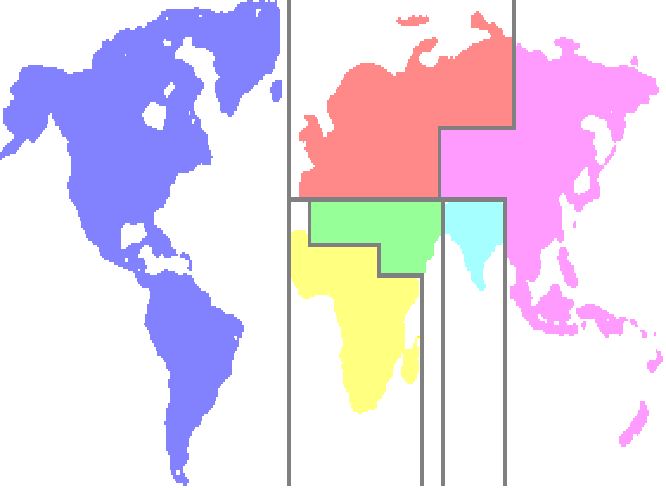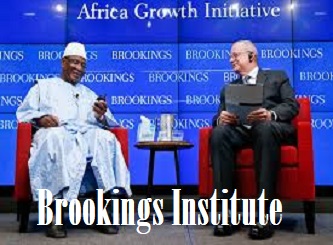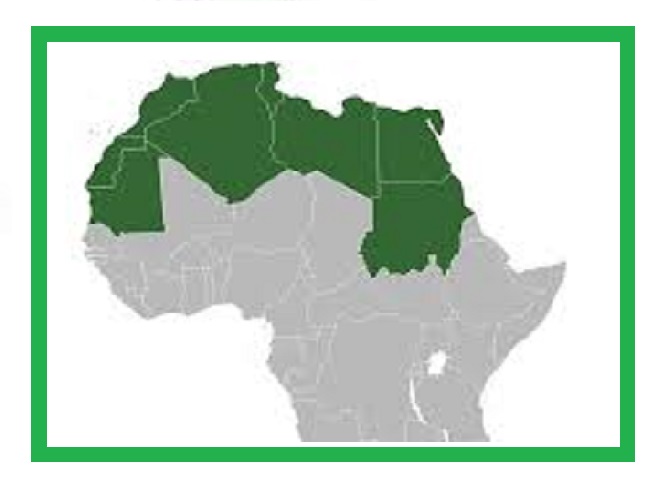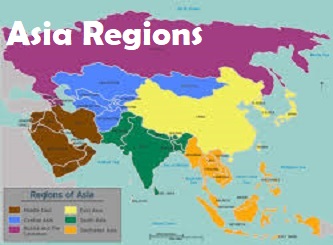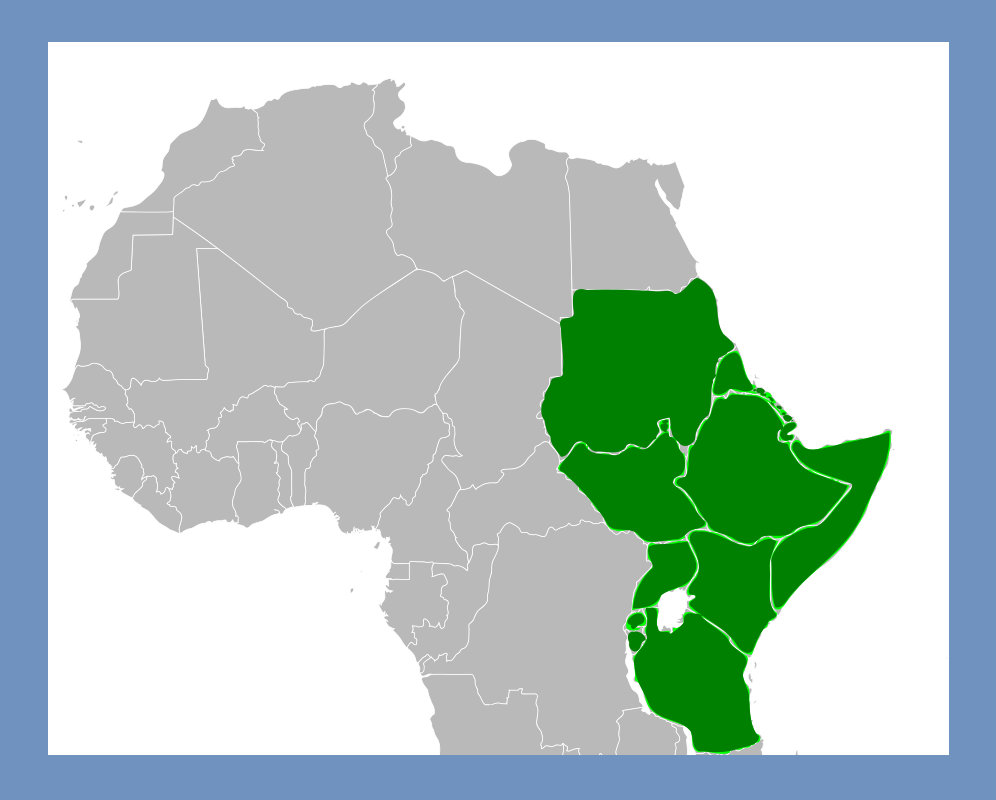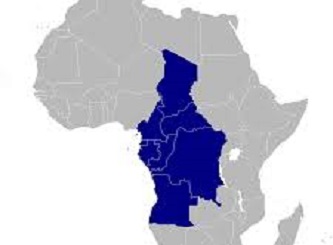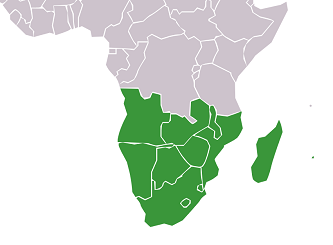To Mr. Irfan, with full respect. By Mekki ELMOGRABI

I accept the clarifications made by Ambassador Irfan SIDDIQ on Al-Democraty newspaper interview and I will not join the campaign against him. Moreover, I am not buying the idea or the generalization that Muslim in the West need to show stronger stands when they come as representatives for western governments in Muslim countries because of threats and pressures from the rightists and new populists who always criticize politicians from an immigrant background and accuse them of being not loyal to western values. At least these claims do not apply in this case.
I didn’t like the criticism against Irfan because some Sudanese politicians and activists want people to support foreign diplomatic intervention when it is in favor of their opportunity to rule Sudan and to be in the power, then they shift and want people to shift against the intervention when it becomes not good for their opportunity.
On the other hand, still, I think Irfan of UK and other western ambassadors and decision-makers should remember lessons from the near history and not expect a big change in political behavior in Sudan after the 2019 revolutionary change. The country is so sensitive against direct and clear intervention.
Changing the regime from Islamic to secularism-friendly will not change political behavior. I say (secularism-friendly) because it is not possible to change Sudan to a secular state, or it is possible but at a very high cost. In other words, it is not feasible and will not bring the expected results.
Sudan cut diplomatic ties with Britain in 1965 as a response to the British stand against the independence of Southern Rhodesia (Zimbabwe). The Sudanese regime was neither Islamist nor military. The ties restored in 1966 but again the same democratic parliament severed relations in 1967 because of the six-day war between Israel and Arab countries.
The two major parties were dominated by elites known among my generation as children of England because they speak excellent English and graduated from Gordon College.
Not just the UK, Sudan cut ties with the USA In June 1967. The decision was taken by a democratic parliament dominated by traditional parties and individuals who are very friendly with the west and westerners in culture, education, business, and lifestyle. At that time, bars and local pubs are open, women wearing mini-skirts, and brothels were existed. Islamists were still behind, communists were more powerful.
I think some people have portrayed Islamists as anti-west thinking the solution to get rid of them and then use the communists and socialists to change laws and to maintain good relations between the West and the rest of Sudanese political powers.
Dealing with the Sudanese political arena is something so different from these naive plans and wishful thinking.
elmograbi@gmail.com


